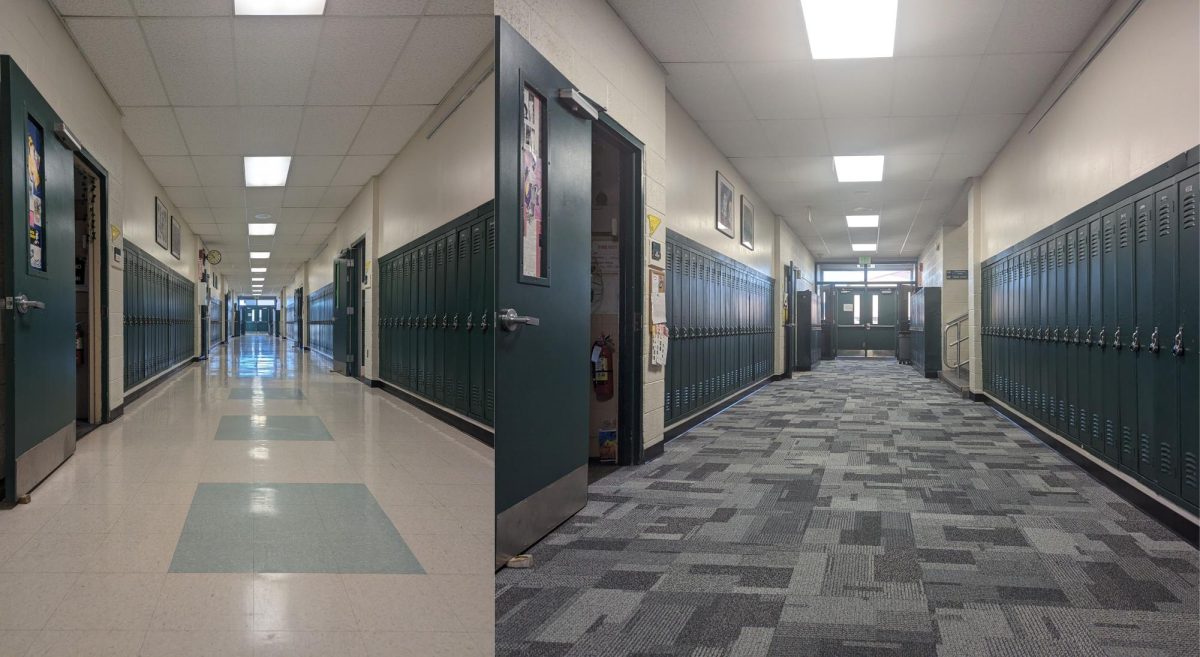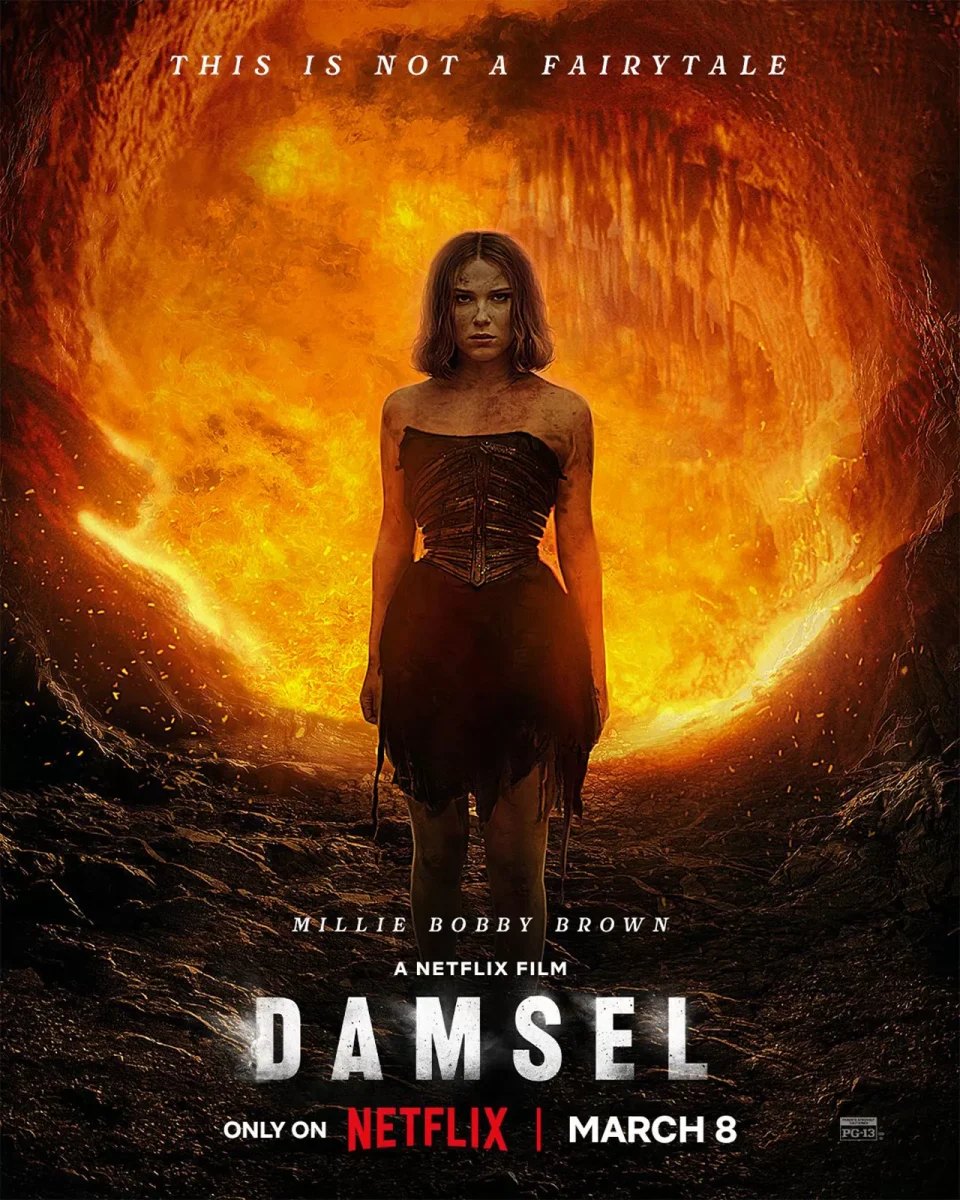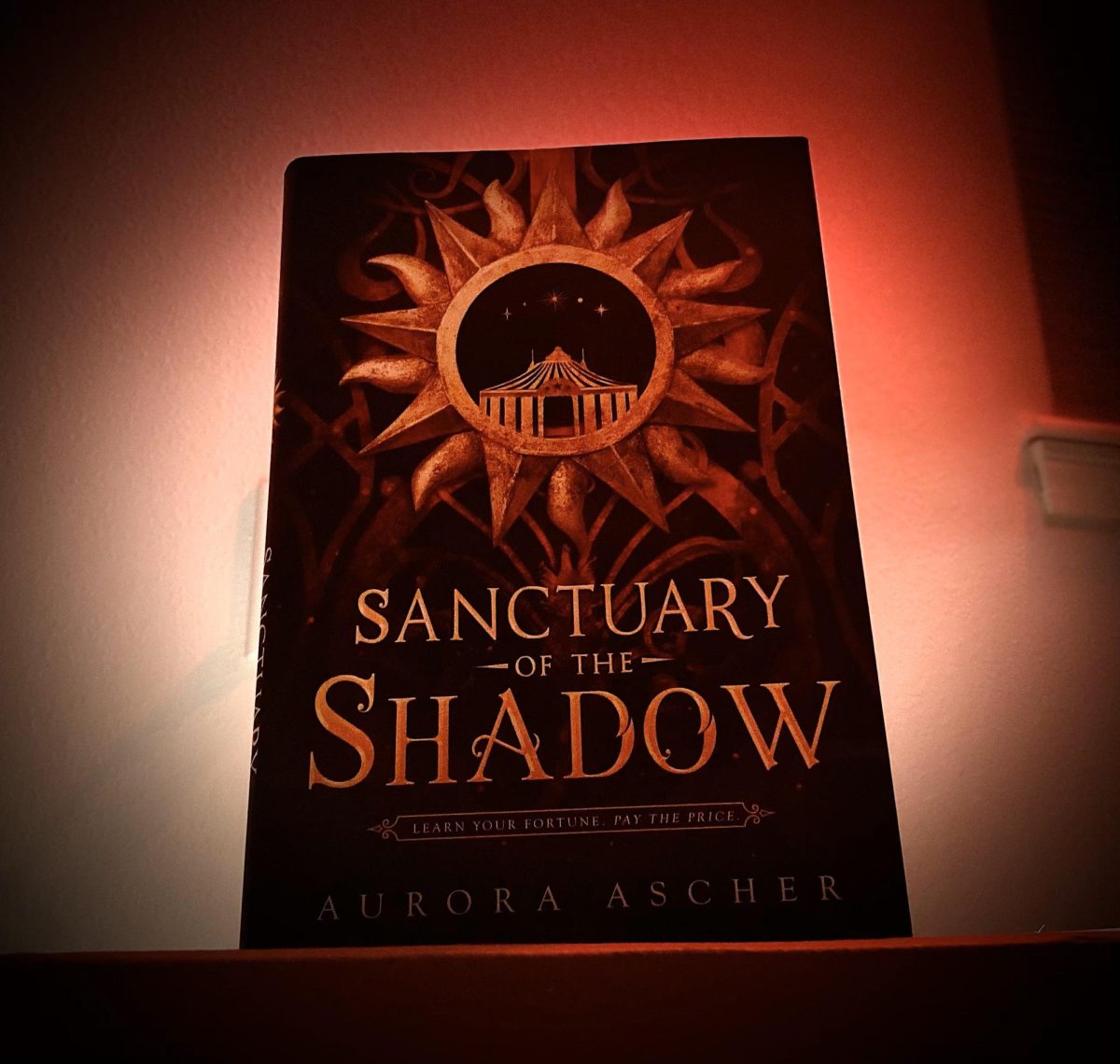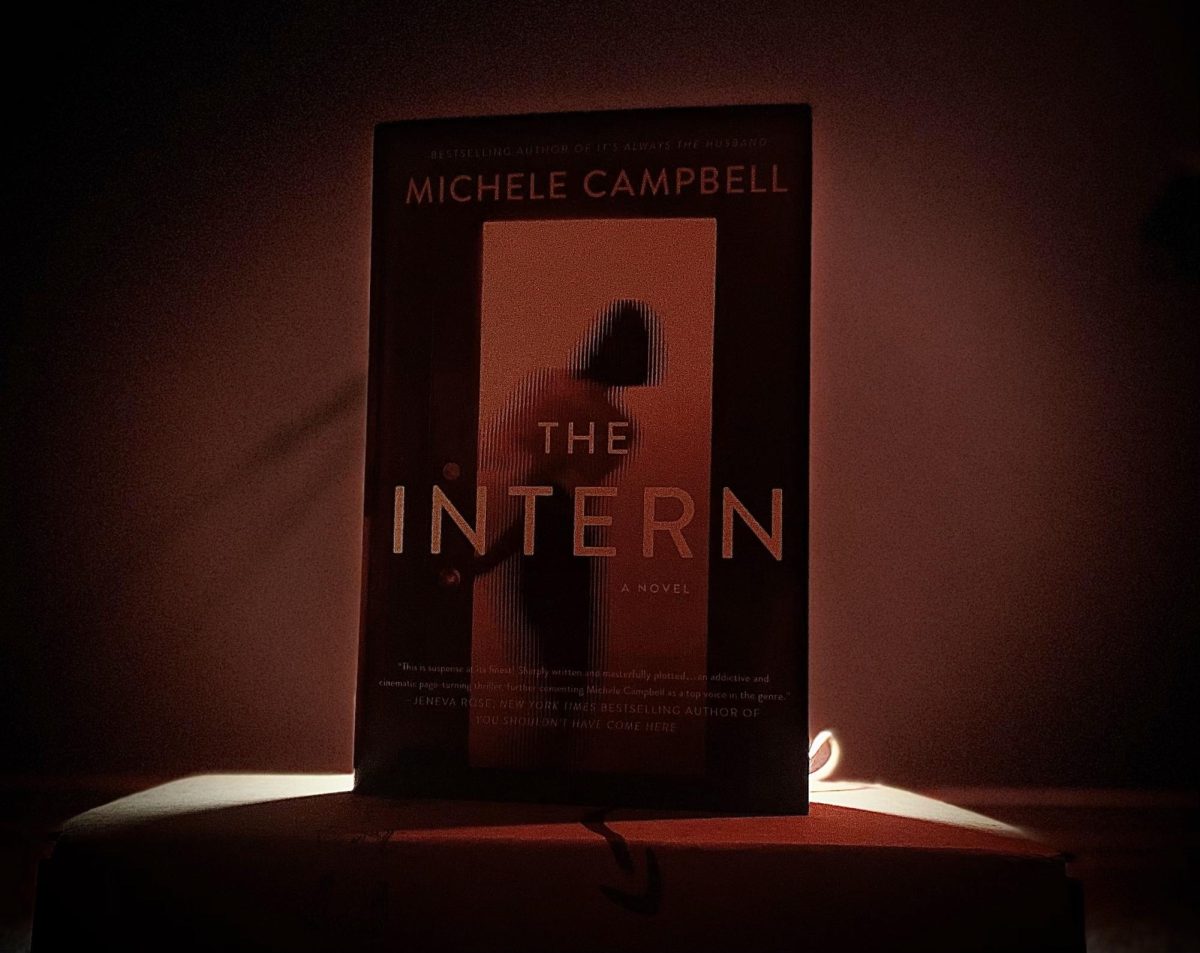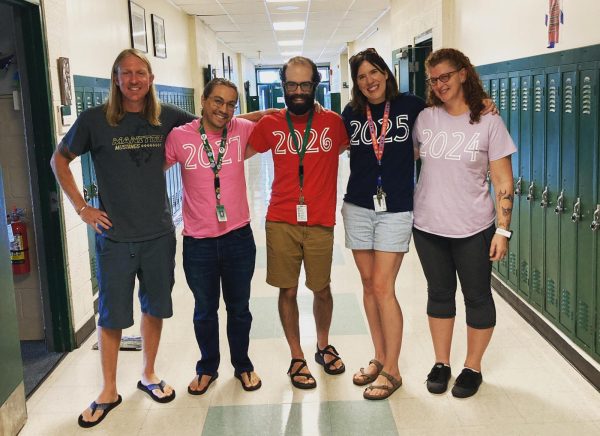The Ultimate Showdown: Remakes v. Originals

Mecha Godzilla implores you to stop making crappy remakes!
March 14, 2014
Reboots and sequels of movies are not new. It’s a notion that has been around for almost fifty years, starting with the original Godzilla, filmed in Japan by Toho Company, LTD in 1954. But lately (perhaps over the last 15 years or so), they have come to full fruition and they seem to be getting made left, right and center. Reboots, in fact, are an extremely noticeable trend, but not one that is healthy for the industry as a whole. Now, why is that? It’s recently been so popular to remake or make a sequel out of something, rushing it simply for profit and quantity instead of quality. For example, The Evil Dead franchise, debuting in 1981, started with a budget of only $350,000 but made $2,400,000 and was rated at a 98%. The reboot of Evil Dead, which came out in 2013, had a budget of $17 million dollars but then grossed $97,542,952 despite getting 57% from reviewers.
Well, let’s start with remakes…
At the time when movies just started to take off as an industry, very few movies were produced. For several decades afterwards, people didn’t know or care if a movie was a remake of another, and even if they did know, their concerns were minimal. But fast forward to the 21st century and the number of remakes has skyrocketed.
The reason for this is threefold; movies are popular in general (even if they suck), they’re relatively cheap to make (certainly in comparison to the almost guaranteed return at the box office for some genres like horror) and they come with a built-in audience who loved the originals. So it’s understandable why studios would do this.
The new Robocop is a perfect example of this; slap on some new paint and smooth out the lines and it’ll be great, right? I think otherwise. The 1987 film is FAR superior. The original had a great story and dialogue, you couldn’t re-create the magic of when Officer Alex J. Murphy says, after shooting a perp in the groin, “Your move, creep.” The new Robocop is instead rebooted for a family setting, bleeping out profanity and removing ideas of graphic violence or drugs, which were both used extensively in the 1987 original.
It seems now that so little effort and creativity go into reboots and remakes because studio’s can make money even if they don’t strive for top-notch quality. But the trouble lies in the ease of making these remakes, and how pretty much every time studios make a profit on them, those same studios lose track of what the films are truly for, entertainment of an audience rather than monetary profit. I fear the brand new Godzilla, which comes out May 16, will also be subject to this. Over the top visual renderings won’t make up for the amazing soundtrack or the hilarious props of Kaiju films produced by Toho Co., Ltd.. (Kaiju has been translated and defined in English as “monster”. Specifically, it is used to refer to a genre of tokusatsu entertainment. The most famous kaiju is Godzilla. Other notable kaiju include Gamera, Mothra, King Ghidorah, Mechagodzilla and Rodan.)
Then we have sequels…
Sequels are just as tempting for studios to make-–oh, so flippantly as they do–particularly if the first one made a ton of money. Although even if a film didn’t, studios seem to make them anyway just on the hope the sequel will do better. But again the trouble is the studios make sequels because they’re easy, plus they have name recognition right off the bat.
Some sequels are indeed made because the original truly warranted one, some are originally planned to be made as part of a story arc (i.e. Star Wars, Lord of the Rings), but a lot of the time they are just made plainly for the sake of it–like the fourth Shrek movie which some people don’t even know exists. They are then made purely because Hollywood will always make money off of them–that’s why it’s an actually lucrative business.
The Matrix Trilogy for example, was produced right around when special effects started kicking off. The Matrix IS a legitimately good movie, with an engaging storyline and some kick-ass special effects. Then the Matrix Reloaded came out, with far more emphasis on the new visuals and computer generated engineered “laser squids” which was a bit of a letdown, but it was still a pretty good movie. Then not but 6 months after Reloaded, The Matrix Revolution was released. Suddenly there are billions of robot squids and the movie climaxes while fighting 10,000 Agent Smiths’. While the visual effects were stunning, it took the storyline that the first Matrix established, set it on fire, threw it into an oblivion, and brought the third into a void of obscurity.
But as a film fan, it’s really disheartening to see Hollywood go back to the well so often with sequels and remakes. They do have a couple of advantages, such as introducing new generations to classic films (although chances are they’ll now accept the remake or sequel as canon, which is the material accepted as “official” in a universe) and perhaps stimulating audiences who may have let the originals slip from their mind to go watch those again – but for the most part film fans know that these are remakes and it kind of takes the magic out of the whole thing when you can tell they’re just making these movies purely for money’s sake.
Now I’m not saying all sequels and remakes are a bad idea; history has shown they can be done really well with just as much time and effort put into them as originals, resulting in a truly quality film (sometimes, but not always, superior to the originals) – Ocean’s Eleven, Scarface, Cape Fear, The Dark Knight, Mad Max 2, Evil Dead II, Aliens, Back To The Future Part II, The Godfather Part II and The Great Gatsby, to name but a few.
But even so there are still too many being made, certainly too many of those that are just made for the sake of making money, simply hitching a ride on the coat-tails of the originals.
By Spencer Aurand




